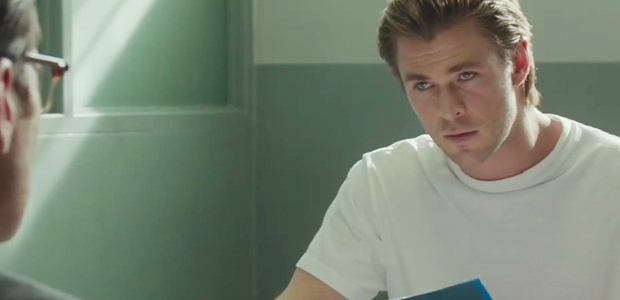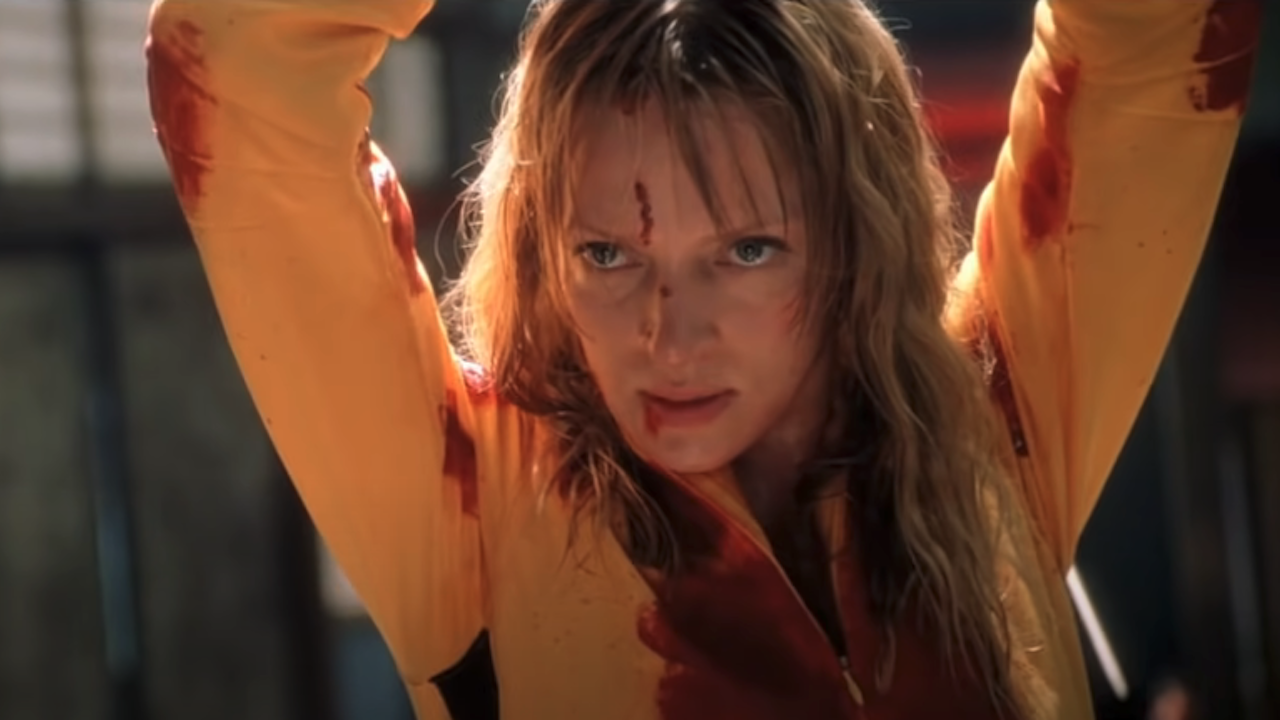As our world gets further and further into the digital age, cyberterrorism is only going to become ore significant and more dangerous – and one need look no further than what’s going on in the headlines these past few months for evidence. A natural result of this is that we start seeing this kind of crime become more represented in our pop culture, and this explains the genesis of Michael Mann’s latest thriller, Blackhat. Unfortunately, relevance alone does not a good movie make, and while the feature does have a good amount going for it, it also can’t outrun its major issues.
Starting with a cyberterrorist attack that results in an explosive nuclear reactor meltdown in Hong Kong, the film begins following Captain Chen Dawai (Wang Leehom) of the People's Liberation Army as he travels to the United States to search out assistance in discovering the source and motive behind the hack. In order to do so, he requests the furlough of Nick Hathaway (Chris Hemsworth), a convicted cybercriminal and genius coder who is the only man on Earth who can find the criminals that Captain Chen is looking for. Teamed with an agent from the FBI (Viola Davis), and Captain Chen’s network engineer sister, Lien Chen (Tang Wei), the men go on a worldwide hunt for a terrorist who hides behind ones and zeroes.
As though it weren’t challenging enough to make a thriller with characters constantly clacking away on a keyboard, Michael Mann and screenwriter Morgan Davis Foehl really shoot themselves in the foot by not making the antagonist a more present and dangerous threat throughout the story. The first act kicks things off well with the nuclear meltdown in Hong Kong, which is followed a few minutes later by a manipulation of stock prices… but that’s really where the acts of cyber terrorism stop. The “dangerous world of hacking” grounding that should have driven the entire film gets replaced with material we’ve seen in plenty of other globetrotting action titles, and while Blackhat may perhaps hones more to reality than most Hollywood hacker fare, it ultimately fails to deliver of the promise of its central premise and finds itself dragging as a result.
To Chris Hemsworth’s credit, he plays the part of Nick Hathaway well, but his performance is really undercut by the material. The character starts off a bit uneven, strangely ranging between smart ass and stern within his first few scenes, and while things improve as Nick gets behind a computer and starts doing what he does best, there are simple pitfalls along the way that he can’t help but get stuck in. The most disappointing of these is the incredibly forced romantic relationship between Nick and Lien Chen, which is never earned within the narrative and winds up feeling like a cheap trick just to enhance character motivations and force conflicts upon the leads. It’s a shame, because Hemsworth’s natural charisma is well on point in the film, and he actually succeeds in selling himself as an effective, smart, and even dangerous hacker.
While it’s not quite enough to balance the scales, the large narrative problems in Blackhat are at least matched with material that really does fit extraordinarily with the director’s personal style. For what should be fairly obvious reasons, Michael Mann’s penchant for digital filmmaking suits him well here, and spurts of video-looking footage actually serve well to lend the movie a sense of visual realism. Furthermore, the filmmaker only further proves that nobody can shoot a dynamic, visceral shootout/stand-off quite like him, and he’s more than happy to show off his skills with an action sequence here – be it a brawl between Chris Hemsworth and a group of thugs in a Los Angeles restaurant or a dangerous shootout between police and heavily armed criminals in China.
There are actually some interesting concepts and perspectives on the modern world present in Blackhat, as the techno-centric plot and the forced international alliances forged as a result provide realizations of just how small the world has become, but it comes together in a package that’s unfortunately largely underwhelming. Both Michael Mann and Chris Hemsworth have shown us in the past that they are much better than this end result suggests, and it’s a shame that more didn’t come out of their collaboration.
Your Daily Blend of Entertainment News

Eric Eisenberg is the Assistant Managing Editor at CinemaBlend. After graduating Boston University and earning a bachelor’s degree in journalism, he took a part-time job as a staff writer for CinemaBlend, and after six months was offered the opportunity to move to Los Angeles and take on a newly created West Coast Editor position. Over a decade later, he's continuing to advance his interests and expertise. In addition to conducting filmmaker interviews and contributing to the news and feature content of the site, Eric also oversees the Movie Reviews section, writes the the weekend box office report (published Sundays), and is the site's resident Stephen King expert. He has two King-related columns.

